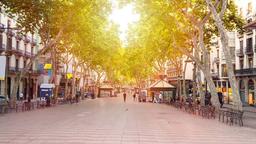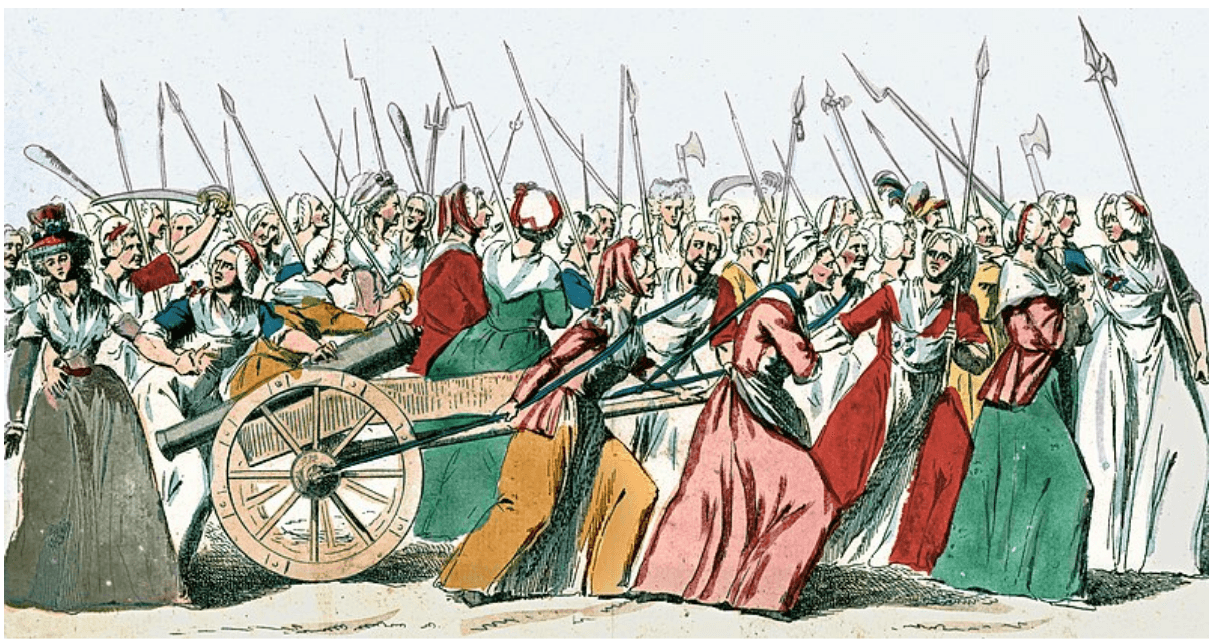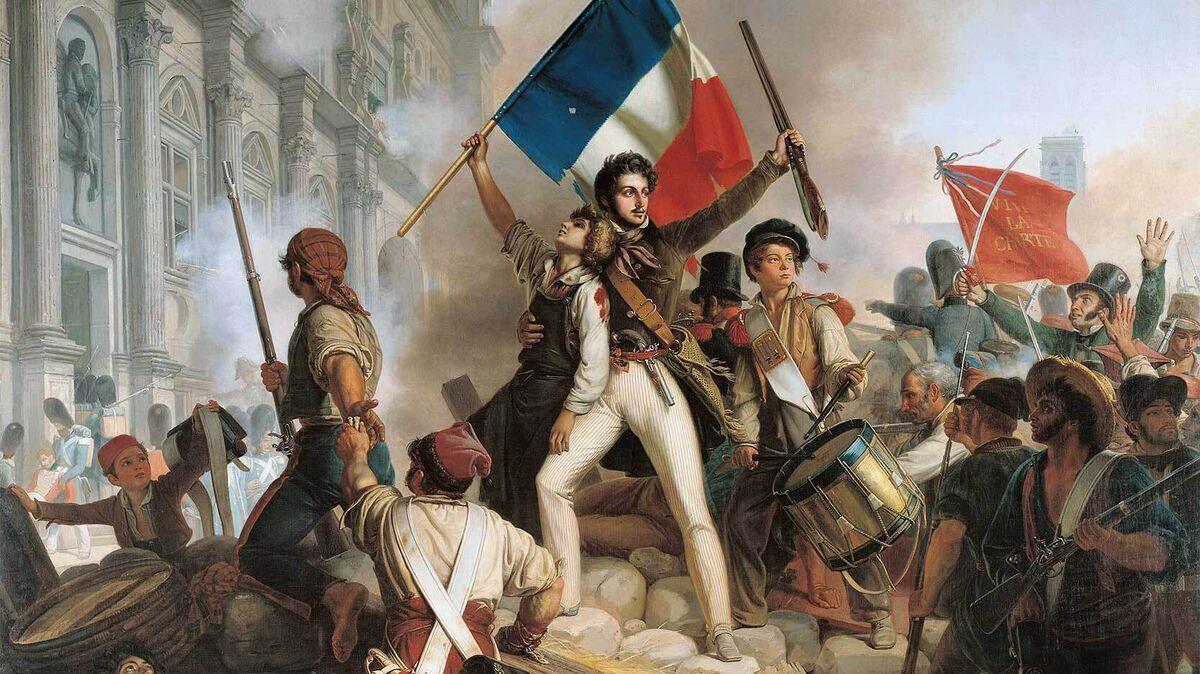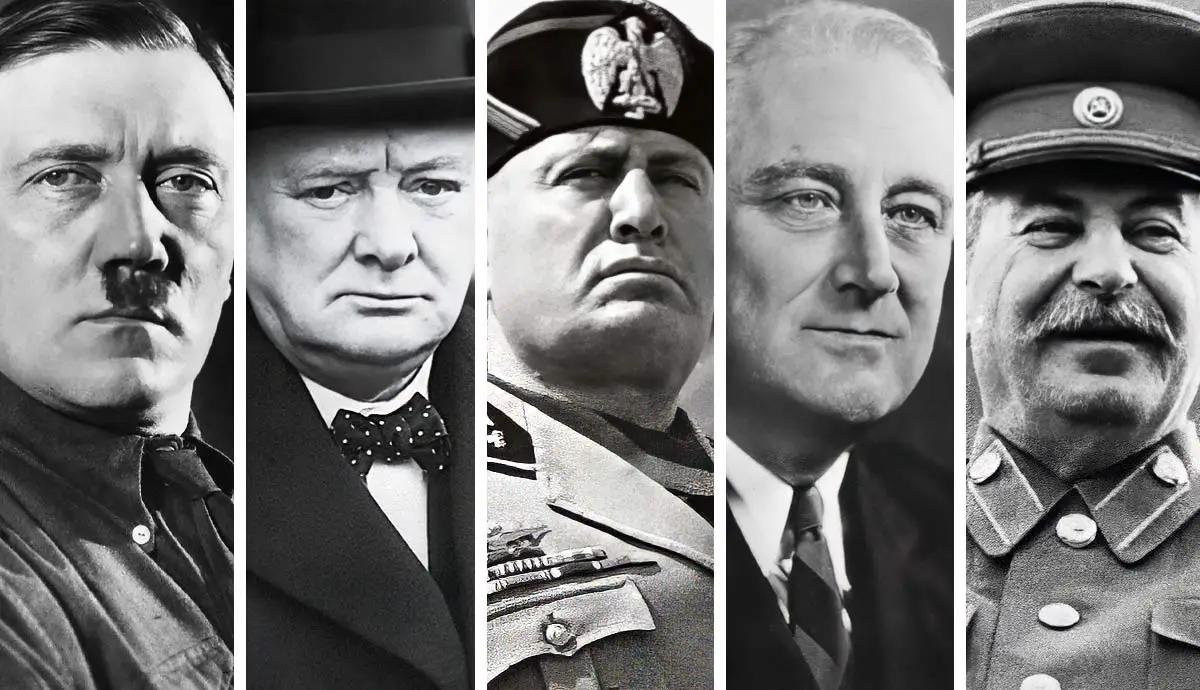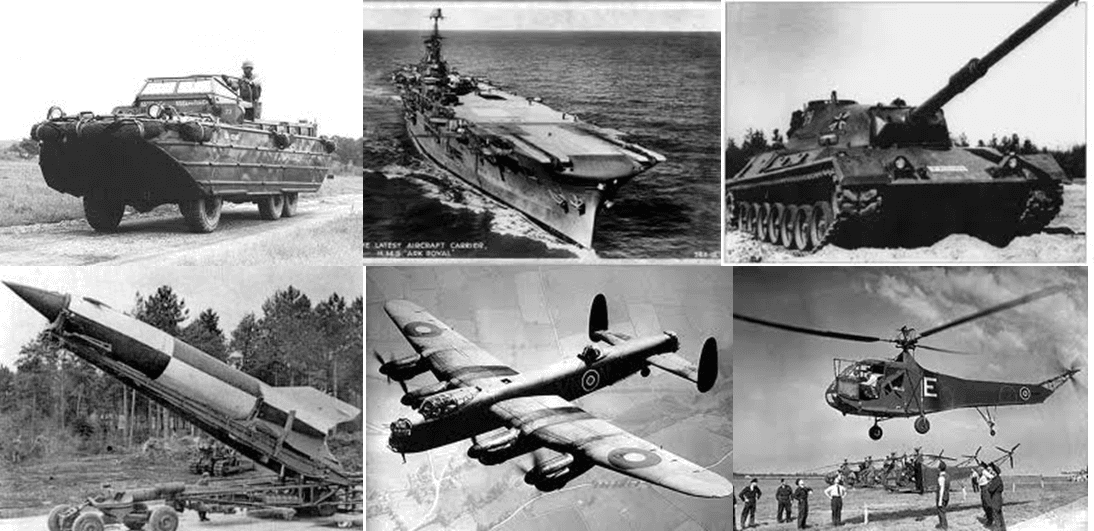Napoleon Bonaparte is a figure who evokes strong opinions; some consider him France's finest leader, while others view him as a bellicose dictator. His historical legacy is deeply divisive. On one side, Napoleon upheld some of the noblest principles of the French Revolution, such as those enshrined in the Napoleonic Code, which remains a foundation for numerous global legal systems today. He represents, especially to critics of class-based systems, a striking example of meritocracy triumphing over traditional aristocracy in the early modern era.
- Blogs
- French Revolution
- Napoleons Rise & Legacy In France 662f5a78bdccdd0001d2d7bb
Napoleon's Rise and Legacy in France
French Revolution • 29 Apr, 2024 • 7,004 Views • ⭐ 3.0
Written by Shivani Chourasia

However, Napoleon is also synonymous with severe brutality. The conflicts closely associated with his regime led to the deaths of an estimated 3.25 million to 6.5 million people, both military and civilian. As a military leader, he drew inspiration from historical figures like Alexander the Great and Julius Caesar, earning the admiration of both contemporaries and some controversial figures of the 20th century, including Adolf Hitler, leading to some unfavourable comparisons.
Regarding his personality, the vast array of over 3,000 biographies on him shows little agreement. Yet, there is a consensus among historians that Napoleon’s climb to power was as extraordinary as it was improbable.
FRENCH REVOLUTION QUIZ • 10 QUESTIONS • 2 MINS
We've got a French Revolution quiz for you!
TAP TO PLAY
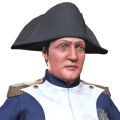
Napoleon Bonaparte’s Early Years
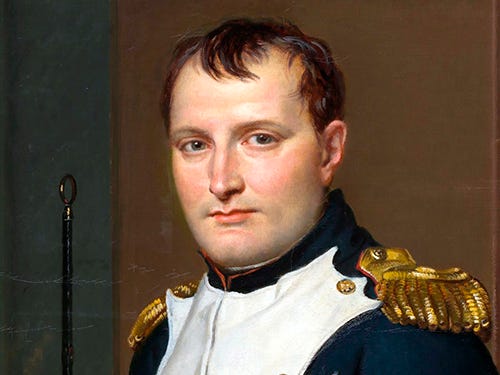
Born on August 15, 1769, in Ajaccio, Corsica, Napoleon was ethnically Italian but became a French national—albeit reluctantly—after Corsica was ceded to France shortly before his birth.
Later detractors would deride his humble origins, with the British journalist William Cobbett in 1800 scornfully branding him "a low-bred upstart from the contemptible island of Corsica." This characterization was far from accurate, as Napoleon came from a family of minor nobility. His father, Carlo Bonaparte, served as Corsica’s representative at the court of Louis XVI. Nonetheless, it was his mother, Letizia Ramolino, who he later said had “the head of a man on the body of a woman,” who played a more significant role in shaping the young Napoleon.
In May 1779, Napoleon seized an opportunity to attend the military academy at Brienne-le-Château through a military scholarship. There, his pronounced Corsican accent was the subject of mockery by his predominantly French, aristocratic peers. Rather than withdrawing, Napoleon was motivated to outshine his well-to-do classmates.
HISTORY QUIZ • 10 QUESTIONS • 2 MINS
We've got a History quiz for you!
TAP TO PLAY

He threw himself into his studies, excelling particularly in practical subjects like mathematics, geography, and history. He admired historical figures such as Alexander, Hannibal, and Julius Caesar. At the age of 15, he graduated with honours, becoming the first Corsican to earn a place at Paris’ École Militaire.
During his tenure at the military school, France began its Revolution, a pivotal event in Napoleon's career. The introduction of meritocracy into a system once dominated by privilege opened new avenues in politics and the military for individuals like Napoleon. The chaotic period post-Revolution also significantly altered Napoleon's political views. As a second lieutenant in an artillery regiment, he used a period of garrison duty in 1789 to return to Corsica. There, he became embroiled in the island’s complex political scene, eventually taking command of a battalion of volunteers and clashing with the separatist leader Pasquale Paoli.
Despite his involvement in a riot against French forces in Corsica, he was appointed captain in the French regular army in 1792, a position he assumed upon his forced return to France in June 1793 due to Paoli's influence.
Once back in France, amid the violent upheaval of the Reign of Terror, it quickly became evident that Napoleon had aligned himself with the right faction by supporting the Revolutionary Jacobins over Corsican nationalism. The Jacobins, led by figures such as Maximilien Robespierre, controlled the French National Convention. Napoleon further endeared himself to the Jacobins by authoring the pro-republican pamphlet "Le Souper de Beaucaire," which received approval from Robespierre’s brother, Augustine, who appreciated its revolutionary zeal. His reward was an assignment to Toulon, further advancing his political and military career.
Napoleon's Initial Military Engagements

The revolutionary climate of France had naturally drawn the ire of several European monarchies, all anxious to prevent a repeat of King Louis XVI's demise. To stave off the spread of revolutionary ideas, Britain aligned with Austria and Prussia in declaring war on the French Republic. The situation escalated when Toulon, a city with royalist leanings in southern France, welcomed a joint British and Spanish naval force into its harbour. The revolutionary leaders in France, determined to quash any opposition and maintain their influence, resolved to expel the foreign and royalist forces from Toulon. Assigned to this critical task was a relatively unknown Napoleon Bonaparte.
The Siege of Toulon, spanning from August to December 1793, marked Napoleon’s first significant military challenge. Initially serving under two commanders whose incompetence soon became apparent, Napoleon's skills caught the attention of General Jacques Dugommier, who took over and valued the young officer's capabilities. On December 17, after careful tactical planning, Napoleon led a bold assault on the city’s forts, even suffering a bayonet wound from a British soldier during the attack. His successful capture of these forts allowed him to turn their cannons on the British and Spanish fleets, forcing them to retreat and evacuate as many royalists as they could carry. Those left behind faced severe reprisals from the victorious Republican forces.
This military triumph at Toulon catapulted Napoleon into the spotlight, showcasing his remarkable skills to both his military and political superiors in Paris. His achievements did not go unnoticed, and at the young age of 24, he was elevated to the rank of brigadier general.
Fortune also played a role in his ascent. By participating in an operation that leveraged his artillery expertise and occurring amid a political climate that favoured meritocracy as promoted by the revolutionary Committee of Public Safety, Napoleon found himself in the perfect position to advance. His demonstrated prowess and the governmental emphasis on ability over nobility allowed him to swiftly climb the ranks.
Following his success at Toulon, Napoleon took command of the artillery in the French Army of Italy. He arrived in northern Italy in April 1794 and led his forces to victory at the Battle of Saorgio (April 24-28), where his strategic use of cannons forced the Austrians and Sardinians into retreat, first to Ormea in the mountains, and then to Saorge on the coast.
Despite Napoleon's rising star in military campaigns, the political landscape in Paris was deteriorating. The government collapsed in July, with Robespierre and 82 of his followers executed for alleged tyrannical ambitions, effectively ending the Reign of Terror. Napoleon, suspected of being a Robespierre sympathizer, found himself briefly imprisoned. However, his military talents were soon required once more, marking yet another turn in his complex and burgeoning career.
Napoleon as Protector of the Revolution
:max_bytes(150000):strip_icc()/NapoleonBonaparte1-c288065ba4e042d8a1123a17c4903ff5.jpg)
Another pivotal event in Napoleon Bonaparte's rise was his role during the event known as 13 Vendémiaire, corresponding to October 5, 1795, in the revolutionary calendar. Tasked by the Convention to suppress a Royalist uprising among the Parisian Sections, Napoleon was granted the authority to employ “whatever means necessary” to quell the disturbance.
Commanding a modest-sized artillery unit, he strategically positioned his cannons from 6 a.m. to 9 a.m. to defend the government’s headquarters at the Tuileries Palace. He organized his infantry units behind the cannons and deployed his cavalry in what is now known as Place de la Concorde. Instead of traditional round shots, Napoleon opted for grapeshot, a devastating type of ammunition made up of small metal balls packed into a canvas bag, which shredded through human bodies with ease.
Despite being significantly outnumbered—his forces faced a six-to-one disadvantage—Napoleon maintained his position as the Royalist mob approached. The conflict began with musket fire, and Napoleon responded by unleashing continuous volleys of grapeshot into the advancing crowd. This barrage, along with a subsequent counterattack led by Chasseurs under the command of Joachim Murat, one of Napoleon’s rising favourites, decisively broke the Royalist charge.
The aftermath saw 300 civilian rebels dead on the streets of Paris, while Napoleon’s losses were minimal, totalling about half a dozen of his men. Amidst the chaos, Napoleon himself narrowly escaped death when his horse was shot out from under him.
The severity of Napoleon’s tactics can be understood in light of his experiences during the September massacres of 1792 when approximately 1,200-1,400 prisoners were killed by enraged mobs in Paris. The Times of London chillingly described the scene, stating, “The streets of Paris, strewn with the carcasses of the mangled victims, have become so familiar to the sight that they are passed by and trod on without any particular notice. The mob think no more of killing a fellow man – one who is not even an object of suspicion – than wanton boys would of killing a cat or a dog.”
With a deep awareness of the mob’s violent potential, which he feared more than conventional battle, Napoleon did not hesitate to take harsh measures to suppress the unrest. His use of grapeshot against civilians marked a controversial first in French military history, drawing condemnation from some quarters. General Jean Sarrazin, a critic who faced a death sentence by Napoleon’s decree, accused him of demonstrating cruelty. However, the Directory, grateful for his role in preserving the revolution and potentially preventing a civil war, acknowledged his effective leadership with a promotion, signalling their continued support and appreciation for his decisive actions.
Napoleon’s Ascendancy Through the Italian Campaigns
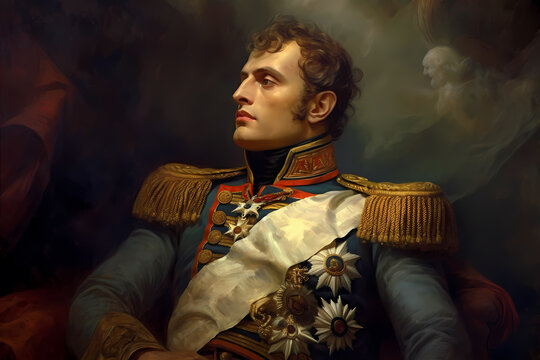
In March 1796, merely two days after his wedding to Josephine, Napoleon Bonaparte was appointed as the commander in chief of the Army of Italy. At the young age of 26, he took command of a disheartened and under-supplied army of 40,000. However, Napoleon's distinct leadership quickly transformed them into a formidable and efficient force. He motivated his troops with promises of plunder and strictly enforced discipline, particularly against deserters, while choosing to lead from the front.
Napoleon introduced swift, decisive tactics that later became hallmarks of his military strategy, skillfully separating and overwhelming the Austrian and Piedmontese forces. His unconventional methods prompted a Piedmontese general to complain, “They send a young madman, who attacks right, left, and to the rear. It’s an intolerable way of making war.”
The Piedmontese were quickly overcome, leading to the signing of the Treaty of Cherasco in April 1796. Within less than a year, the Austrians had retreated, surrendering Lombardy and its capital, Milan, to Napoleon. His daring was particularly evident during the Battle of Lodi, where he led a bold charge across a heavily defended bridge. His bravery was on display again at the Battle of Arcola, where he led his troops, flag in hand, against the Austrians.
By February 1797, Napoleon had captured Mantua and advanced across the Alps. Approaching within sixty miles of Vienna, he compelled the Austrians to sign the Treaty of Campo Formio on October 17, 1797. His conquests did not end there; he also brought Venice and Genoa under French control.
Upon his return to Paris, Napoleon was hailed as a national hero. A cult of personality quickly sprang up around him, characterized by lavish celebrations that further enhanced his reputation. However, Napoleon was restless, particularly with France still threatened by external forces and the fledgling Republic's stability at risk.
At this time, Britain had aligned with Russia, Prussia, and Austria to form the Second Coalition against France. Britain posed a significant threat due to its naval dominance and financial resources which could sustain its allies’ war efforts. Napoleon’s response was to plan an invasion of Egypt as a stepping stone to disrupt British influence in India. However, this campaign did not unfold as planned.
The Egyptian Campaigns
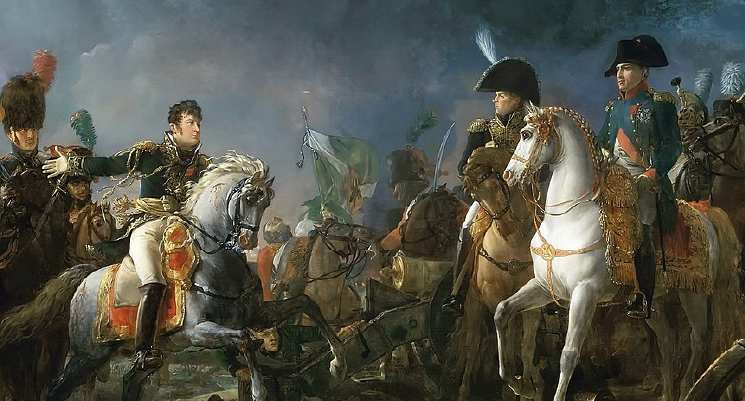
In 1798, Napoleon landed in Alexandria with a force that included both military troops and scholars, marking the campaign as part scientific expedition. This venture led to the discovery of the Rosetta Stone, which later became crucial to the development of Egyptology.
Initially, Napoleon enjoyed a string of successes, the most significant being the Battle of the Pyramids on July 21, 1798, where he utilized the infantry square formation to devastating effect against the Mamluk-led Egyptian forces.
However, his triumphs on land were overshadowed by a significant naval defeat. Admiral Horatio Nelson located the French fleet at the Bay of Abukir on August 1 and, after a series of skilful manoeuvres, decimated it over three days, asserting British naval dominance.
Napoleon’s difficulties continued with the siege of the Syrian city of Acre from March to May 1799, where Ottoman defences, bolstered by British naval support, repelled his forces. Compounded by a plague that ravaged his camp, claiming over 2,000 lives, the campaign in Acre marked one of Napoleon's rare defeats.
Ultimately, Napoleon returned to Cairo, managing a face-saving victory at Abukir, before secretly departing Egypt for France with a few close followers, leaving behind much of his army.
Return and Rise to Power

Upon his return in October 1799, despite potential criticisms for desertion, Napoleon was welcomed as a hero, buoyed by his earlier Italian successes and his adeptness at framing his return as a triumph despite the setbacks in Egypt.
The political climate in France was ripe for change. The Directory was widely regarded as corrupt and ineffective, leading to economic strife and public dissatisfaction. Seizing the moment, Napoleon, with support from his brother Lucien and several directors, orchestrated a coup that toppled the Directory and installed him as First Consul, reflecting a scenario reminiscent of Julius Caesar's rise in ancient Rome.
This marked the beginning of a new era for Napoleon, who would soon declare himself Emperor and continue to seek military victories to consolidate his power, mirroring the actions of ancient Roman leaders.
Napoleon’s meteoric rise from a minor Corsican noble to the Emperor of France is a testament to his strategic mind, military prowess, and charismatic leadership, forever marking him as one of history’s most formidable and dynamic leaders.
Conclusion
Napoleon Bonaparte's journey from a modest Corsican upbringing to becoming Emperor of France showcases his unparalleled strategic acumen, military prowess, and charismatic leadership. His ability to navigate the turbulent waters of political upheaval and his tactical genius on the battlefield cemented his place as a pivotal figure in history. Despite controversies surrounding his rule, Napoleon's legacy continues to influence military and legal systems worldwide, affirming his complex role as both a revolutionary and a ruler.
Test your knowledge of History! Visit: https://newspoint.play.quizzop.com/history-quiz/category
Rate this article
Other articles you may like
WWII Origins: Key Causes & Global Impact
History • 23 Jan, 2024 • 39,597 Views
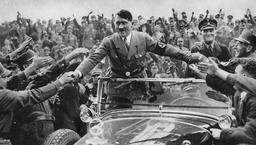
Europe's 7 Most Significant War Memorials
History • 4 Sept, 2023 • 67,030 Views
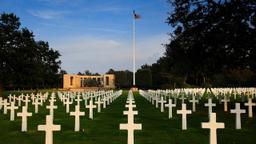
6 Traditional Dances from Africa and Where to Witness Them
History • 24 Aug, 2023 • 42,146 Views
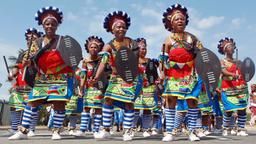
5 Iconic Museums of Modern Art in the World
History • 14 Aug, 2023 • 68,134 Views
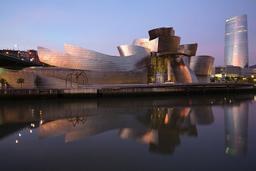
Top 5 Cities with Impressive Streets in the World
History • 14 Aug, 2023 • 65,890 Views
